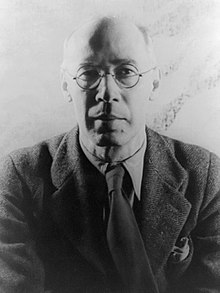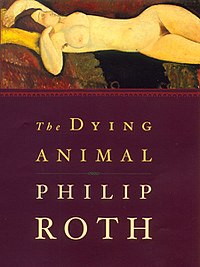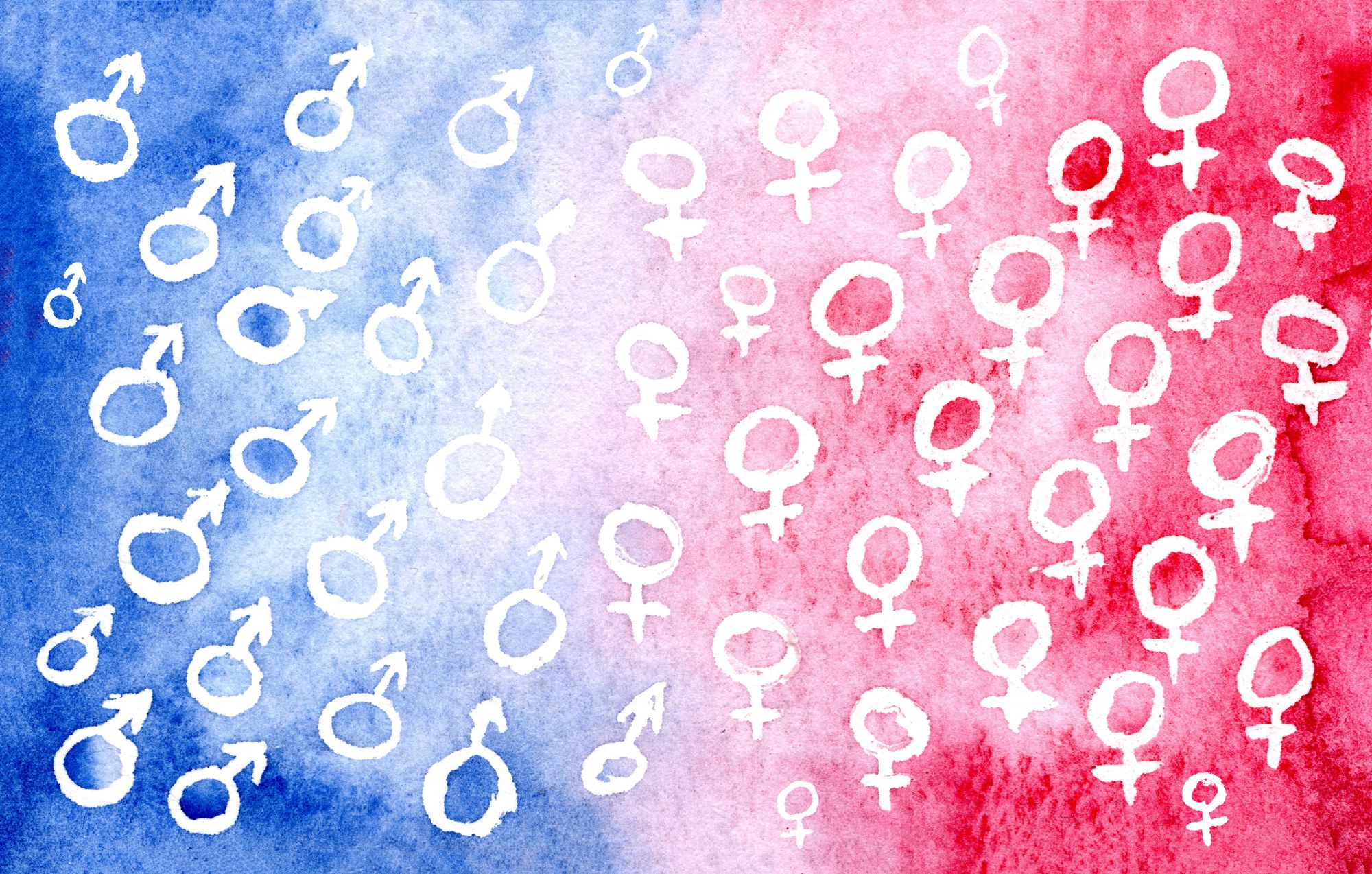Books
Why Men Can't Write About Sex Anymore
“Sex is one of the nine reasons for reincarnation, and the other eight are unimportant,” was embraced by us all, regardless of gender.

Back in the early 1990s, I was one of the thousands of young, idealist Gen X Americans who moved to freewheeling post-Communist Prague to relive their version of “Paris of the 20s.” Before the advent of smartphones, YouTube, and Netflix, novels were still considered the preeminent artistic form, and most of the expats who flocked to the land of Vaclav Havel were obsessed with writing the “Great American Novel.” The literary icons for our generation—those who fetishized the absinthe-tinted bohemia of Hemingway’s Paris—were mostly masculine writers like Henry Miller, F. Scott Fitzgerald, and Bret Easton Ellis.

Though there were plenty of women among the wine-sozzled bohemians of our expat massive, Henry Miller’s assertion that “Sex is one of the nine reasons for reincarnation, and the other eight are unimportant,” was embraced by us all, regardless of gender. Men read poems called “Women who moan” at raucous expat readings, while girls wrote about their experiences with Czech lovers twice their age.
Sex was the social currency of our close-knit literary community, and writing with brutal honesty about sexuality was a badge of honor. We were in decadent Prague after all, where writer Milan Kundera had ripped back the Iron Curtain to reveal its playful, sensual underbelly in novels like The Unbearable Lightness of Being.
Fast-forward a quarter of a century and it feels like we’ve all become characters in dystopian Samizdat novels, our actions proscribed by the progressive thought police who wield power over our lives and careers. Sexuality, which was once seen as liberating, and the purest expression of a free society, is now perceived through the lens of sexual harassment and the #metoo movement. Male desire has become entangled with the contentious issue of consent, so that its every expression has the potential to be exploitative. Having sex for a male in America now is like driving drunk: things might work out fine despite the risk, but you might just as easily crash and burn.
When I was in New York last month, close male friends were reevaluating their entire sexual history, and wondering whether any of their past actions could be seen as rapey by today’s standards. This was during the contentious hearings on the confirmation of Supreme Court Justice Brett Kavanaugh who was accused of possible misdemeanors in high school! It’s no wonder then that it had men scanning their priapic pasts with urgent fear. A friend who had written an innocent and sweet essay about losing his virginity for a big name American magazine years ago was now fearful that it might be used against him in this new climate of sexual inquisition.

It’s no wonder that bad boy male writing has almost completely disappeared from contemporary literature. There are no young Phillip Roths creating lecherous literary heroes like Professor David Kepesh from The Dying Animal who teaches his 24 year-old student how to be his “filthy little whore.” There is no Henry Miller glorying in his sexual adventures in hedonistic Paris of the 1920s. Junot Diaz was one of the few contemporary male writers who dared to write honestly about his sexuality in stories like “How to Date a Brown Girl (Black Girl, White Girl, or Halfie),” but his reputation has been tarnished recently by allegations of sexual harassment. Though he has retained his teaching position at MIT, his claws have been sheared for now.
Instead, contemporary male literary icons like Jonathan Franzen, Paul Auster, and Don DeLillo write cynical, despairing novels that read as a lament on the alienation and anomie of modern America. Where is the joie de vivre, the laughter and mirth and raw sexuality of their predecessors? It now falls to female novelists like Gone Girl’s Gillian Flynn to write openly and dangerously about sex and desire. It’s a comment on the West today that bad girl writers are more prevalent than their male counterparts.
Many would argue, of course, that this is a positive development. Who needs more novels about aging men fantasizing about dirty adventures with young women? Who needs the lascivious male gaze anymore? Isn’t it time for women to write about their desires and feelings without being judged by the patriarchy? Yes, such arguments deserve to be heard.

However, by tarnishing male desire as “exploitative,” the conversation today has become too one-sided, with the pendulum swinging to the other extreme. Today, men are fearful of writing about their darker desires and urges, and rightfully so. Ian Buruma, the former editor of the New York Review of Books, was ousted for publishing an article hostile to the #metoo movement. In this fearful and inquisitorial atmosphere, sex is dangerous, and writing about sex is doubly dangerous.
The neutering of male desire in literature and the arts has, however, also spilled out into real life. There has been a rash of articles recently in publications like the Atlantic—and even the New York Times, which has been a tireless cheerleader for the #metoo movement—bemoaning the decrease in sexual activity among Millennials and other Americans. The Atlantic article was originally entitled “The Sex Recession,” while Ross Douthat’s New York Times column was headlined “The Huxley Trap” and talked about the taming of the sexual revolution.
According to a November 2017 Economist/YouGov poll, 17 percent of Americans ages 18-29 now believe that inviting a woman out for a drink constitutes sexual harassment. It’s no wonder that sex has been tamed in this climate of fear. The U.S birth rate has hit a record low for the second year running this year: half a million fewer babies were born in 2017 than ten years earlier in 2007. The number of children born to an average American woman has fallen from 2.1 in the early 2000s to 1.76. At this rate, America will desperately need more immigrants to sustain its population, President Trump’s loud anti-immigrant rhetoric notwithstanding.
What went wrong in America? While the New York Times talks about various factors, including the alienation caused by technology and social media, the criminalization of male sexual desire is surely a powerful factor to explain the fall in marriages, and birth rate. In today’s climate of fear and incessant talk about sexual harassment, we desperately need more—not less—graphic, lewd, and dangerous writing about sexuality from confident men unafraid to bare their fantasies without fear of retribution. That writing could set an example for young millennial men unsure of how to express their burgeoning sexuality, and perhaps help foster healthier relationships among America’s alienated youth.
A contemporary Henry Miller is just as needed today as he was almost 100 years ago in the America of the 1930s. While his writings are unlikely to be suppressed by the courts—Miller’s Tropic of Cancer was banned in the United States until the early 1960s—more ominously, his career could be snuffed out even without a trial by “whisper networks” and reflexive #metoo-ers.
It’s a sad comment on contemporary America that a young Henry Miller’s salacious writings would be just as “shocking”—and possibly “cathartic”—today as when they were first published in the 1930s, in the shadow of rising fascism and Freudian repression. Hopefully, a young male novelist today will take up the challenge and pen a powerful novel that’ll remind us all of the desperate need today for a brutally honest work about the oldest of human urges: sexuality.






